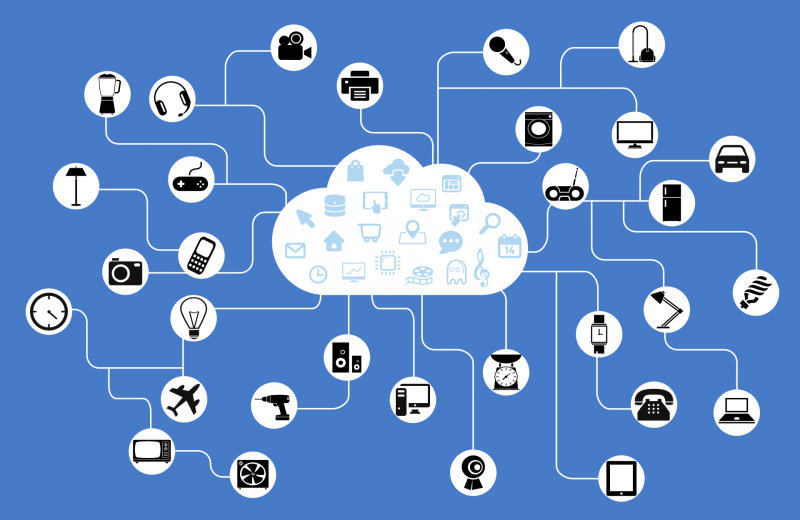 NEWS
NEWS
 NEWS
NEWS
 NEWS
NEWS
Integration software vendor Tibco Sofware Inc. is getting into the Internet of Things business with an integration engine designed for edge devices that it’s releasing today under an open source license.
Tibco claims Project Flogo’s runtime footprint is 20 times smaller than Node.js and 50 times smaller than Java, but it capable of executing application logic that is needed by disconnected or occasionally connected devices. The toolset runs on any devices supported by Google Go, a lightweight language that is optimized for devices with limited processor and memory resources.
The toolset enables device makers and application developers to offload processes from cloud servers to endpoint devices, thereby reducing the costs that would be required to provide constant connectivity. Tibco announced the project in May and is releasing code this week.
IoT development is trickier than that of conventional data center or connected end-user applications because connectivity can’t be assumed. For example, connecting sensors on a remote oil rig to a cloud server may be impossible or impractical from a cost standpoint. So companies building IoT infrastructure are grappling with how to give those devices sufficient processing power to make some or all of their own decisions without being in constant contact with a central server.
IoT creates the need for “completely different types of developers,” said Kevin Bohan (@KevinBohan), director of product marketing for integration technologies at Tibco. “They’ll be creating applications right on the devices and can’t be expected to have the same level of expertise” as professional developers.
Tibco is trying to make its development environment easy to use through bots that present a graphical metaphor for application development, which can be done in a browser. On significant innovation is a “step-back” debugger that lets a developer test code from any point in the process. Tibco has filed for a patent on the debugger.
Tibco is aiming the technology at what it calls IoT integration, or the extension of applications to include devices that don’t necessarily use the same formats as host databases or applications. Integration is considered to be a big issue in IoT because connected devices use a wide variety of data formats and operating systems – or no operating system at all. In many cases data needs to be normalized for storage and analytics.
By releasing Project Flogo under the notably permissive BSD open-source license, Tibco is foregoing short-term revenue in hopes of setting an IoT integration standard. “By making this open source all the manufacturers can work with it,” Bohan said. “We do have plans in the future to monetize through products like OEM bundles. We also see this technology as being applicable to many of the other products we offer.”
What did Tibco give up to fits its engine in such a small memory space? “The reality is we didn’t sacrifice very much,” Bohan said. “We had to rewrite the technology from scratch to make it as efficient as possible but still get the same results you would get from a full processing engine.”
Support our mission to keep content open and free by engaging with theCUBE community. Join theCUBE’s Alumni Trust Network, where technology leaders connect, share intelligence and create opportunities.
Founded by tech visionaries John Furrier and Dave Vellante, SiliconANGLE Media has built a dynamic ecosystem of industry-leading digital media brands that reach 15+ million elite tech professionals. Our new proprietary theCUBE AI Video Cloud is breaking ground in audience interaction, leveraging theCUBEai.com neural network to help technology companies make data-driven decisions and stay at the forefront of industry conversations.